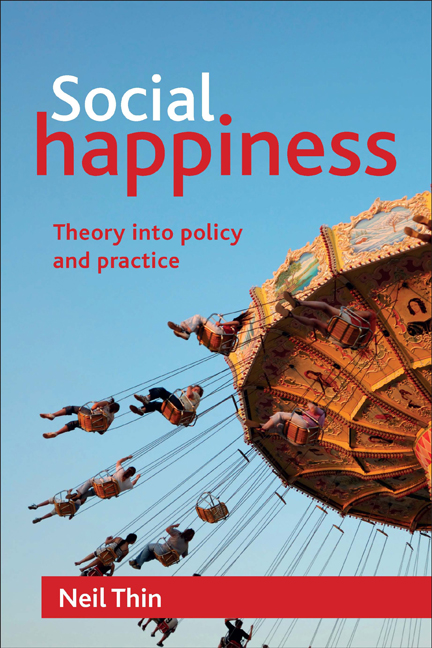fourteen - Working for happiness, happily working, and work–life harmony
Published online by Cambridge University Press: 01 September 2022
Summary
Work is much more fun than fun. (Noel Coward)
Workplace happiness: prioritising process over products
From the biblical envy of the placid contentment of the ‘lilies of the field’ (‘they toil not, neither do they spin’) to Bentham's insistence that ‘love of labour is a contradiction in terms’, work has tended to be portrayed as antithetical to happiness. Browsing the section titles of Keith Thomas's Oxford book of work (1999), you learn that work can be defined as ‘intrinsically unpleasant’, as ‘physical compulsion’, and as ‘economic necessity’, but also as the ‘creator of civilisation’, as ‘the distinguishing human attribute’, ‘the pleasures of occupation’ or ‘a remedy for grief ‘, and even as ‘the only sure route to human happiness’.
The covers of happiness books (like this one) are far more likely to show people at leisure and play than people at work. Yet the study of workplace happiness is one of the most advanced and long-established branches of happiness scholarship. The scientific study of work satisfaction has been going on for more than 50 years in many countries. Just as wider society has been debating the meaning of prosperity, so in the workplace there has been substantial rethinking of what a ‘good’ job or a ‘good’ company is, going well beyond the routine scrutiny of basic pay and conditions. Though touted as radically new in the 1980s for emphasising that ‘the first concern of the company is the happiness of people who are connected with it’, the Japanese ‘total quality management’ guru Kaoru Ishikawa (1985) was reiterating a long-standing focus of managerial interest, albeit one that has tended to be subsidiary to profit and productivity.
Work can be our most significant source of meaning, our best opportunity for ‘flow’ or for social engagement, or a necessary evil endured for the delayed rewards bought with the pay.
- Type
- Chapter
- Information
- Social HappinessTheory into Policy and Practice, pp. 195 - 210Publisher: Bristol University PressPrint publication year: 2012



